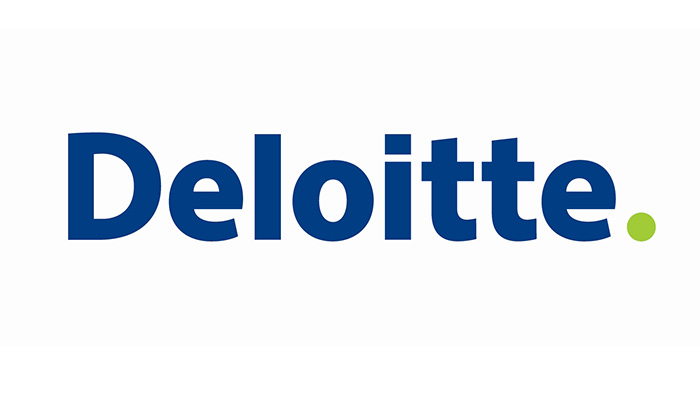
Deloitte: Digital transformation key to organizations’ survival
The digital age is moving at a fast pace that it is fundamentally transforming the way organizations operate, be it in the private or the public sector, according to Deloitte’s latest report entitled “The changing role of people management in the digital age.” This trend is requiring organizations to develop new ways of thinking about service delivery that influences the way operating models are designed, hence the profound effects on the functions of the Human Resources (HR) departments in these organizations and their role in identifying new approaches to managing people.
“Digital has been a driving force of change across industries, and the transformation is accelerating. One can measure the pace of digital disruption in months while it takes years for an organization and its people to fully embrace such fundamental changes in the way they operate,” said Emmanuel Durou, Partner and Technology, Media & Telecommunications (TMT) Leader at Deloitte in the Middle East. “Change management is by far the most enduring bottleneck to digital transformation. While technology adoption continues to be top of mind in all matters digital, we advocate that fundamental changes in leadership and talent attributes are far more critical to successfully embarking on the digital journey.”
According to Deloitte’s research , 56% of organizations in the Middle East are still considering the shift towards digital, but they have not implemented any tangible initiatives and actions geared towards the actual shift. This includes designing mobile applications, end-to-end user experience and other new disciplines for HR combining design thinking with apps, video, social and mobile technologies. Digital HR represents a new platform for improving the employee and candidate experience.
HR management’s concerns will soon be revolving about the changing nature of the organization and employees becoming increasingly digital and influenced by several disruptive themes. HR needs to be more pre-emptive with regard to digital transformation as it plays an important role in shaping the organization’s digital identity. It is a challenge and a real complexity to plan future capabilities of a workforce in the digital economy. Another challenge is the ability to integrate the right people into a dynamic organizational context and help existing employees and leaders gain new digital competencies to be able to drive transformation.
The three main areas that HR management needs to acquire or strengthen its role in and that are directly related to the success of the digital transformation journey are:
- Re-structuring the organization to enable the digital transformation
- Embracing the digital talent life-cycle
- Empowering digital leadership
“Evidently, digital is impacting every industry and every organization. That said, managing the digital transformation will affect which organizations will survive and which will not in the era of the digitization rush,” commented Joana Abou Jaoude, Senior manager in Human Capital Consulting, at Deloitte in the Middle East.

























